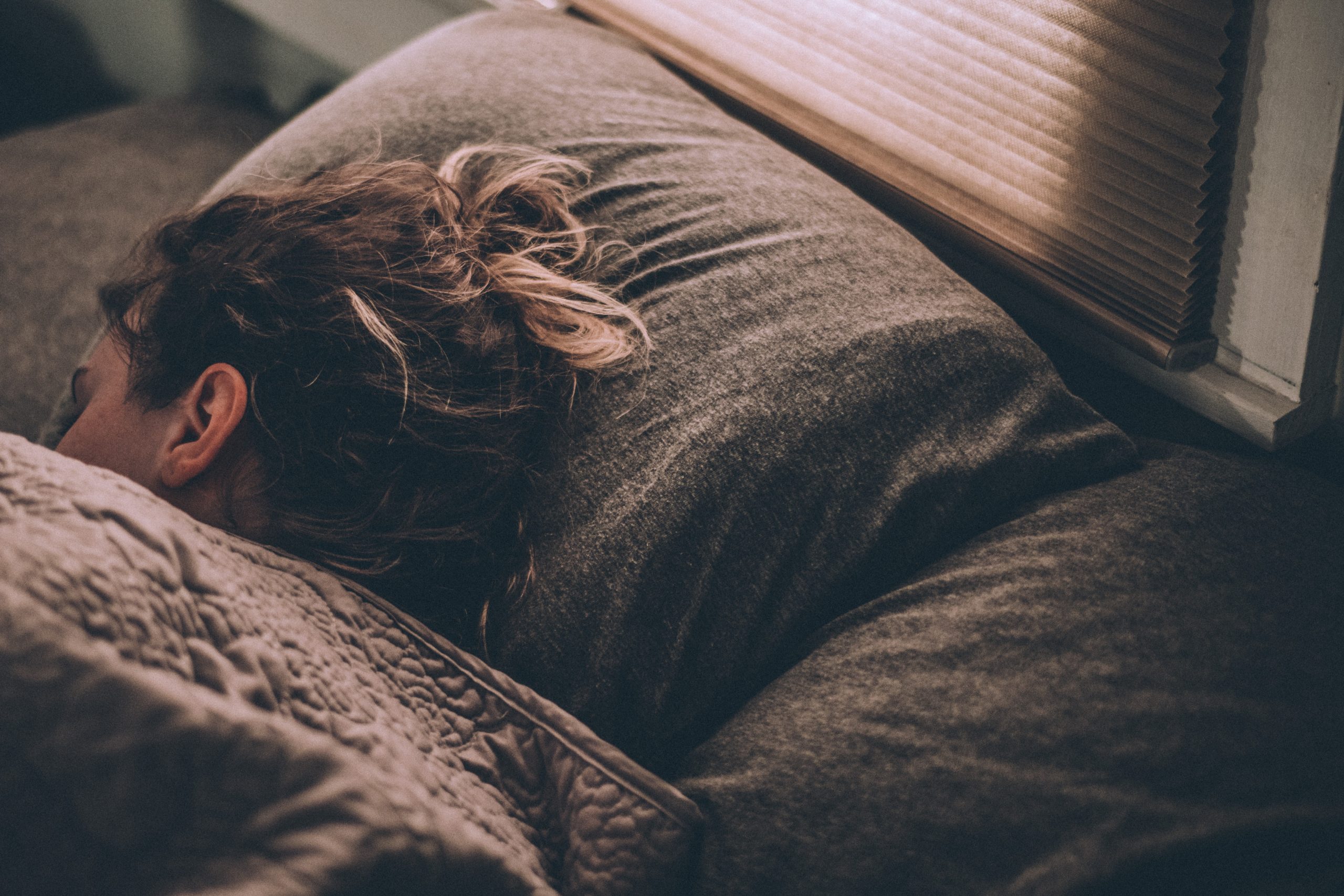You’re not lazy, your body just needs more sleep in winter.
Recent research indicates that humans require more sleep during the winter season.
According to an analysis of participants in sleep studies, people experience more REM (rapid eye movement) sleep in the winter.
Although it seemed like people slept for about an hour more in total during winter compared to summer, the result was not deemed statistically significant. REM sleep, which is directly connected to the circadian clock and impacted by light, was, however, 30 minutes longer in the winter than in the summer.
According to the research, even in a population of city dwellers who have their sleep interrupted, people sleep less deeply in the fall and more deeply in the winter.
If the study’s results can be confirmed in healthy sleepers, the researchers say this would be the first proof that seasonal changes in sleep patterns, such as going to bed earlier in the colder and darker months, are necessary.
“Seasonality is ubiquitous in any living being on this planet,” Dr Dieter Kunz, corresponding author of the study, based at the Clinic for Sleep & Chronomedicine at the St Hedwig hospital in Germany, told The Guardian.
“Even though we still perform unchanged over the winter, human physiology is down-regulated, with a sensation of ‘running-on-empty’ in February or March.
The medical expert said that in general, societies must modify sleeping patterns, such as length and timing, to the season, or modify class and work schedules to accommodate seasonal sleep needs.
People may dream while they are in REM sleep, when brain activity is increased. Three non-REM sleep stages are first, followed by one brief REM stage, make up a typical sleep cycle.
The seasonal changes may be even more pronounced in a healthy population, the researchers note, even though they acknowledge that the results would need to be validated in individuals without sleep issues.
A group of researchers gathered 292 patients who had undergone polysomnographies, a type of sleep test, for the study. These are frequently performed on patients who have trouble sleeping.
In a special lab, they are asked to fall asleep naturally without the use of an alarm clock so that the length and type of their sleep, as well as its quality, can be observed.
188 patients were left in the new study after exclusions were made for those who were taking sleep-disrupting medications, for procedural errors, and for those who might have skipped the first REM stage.
The journal Frontiers in Neuroscience has published the findings.







